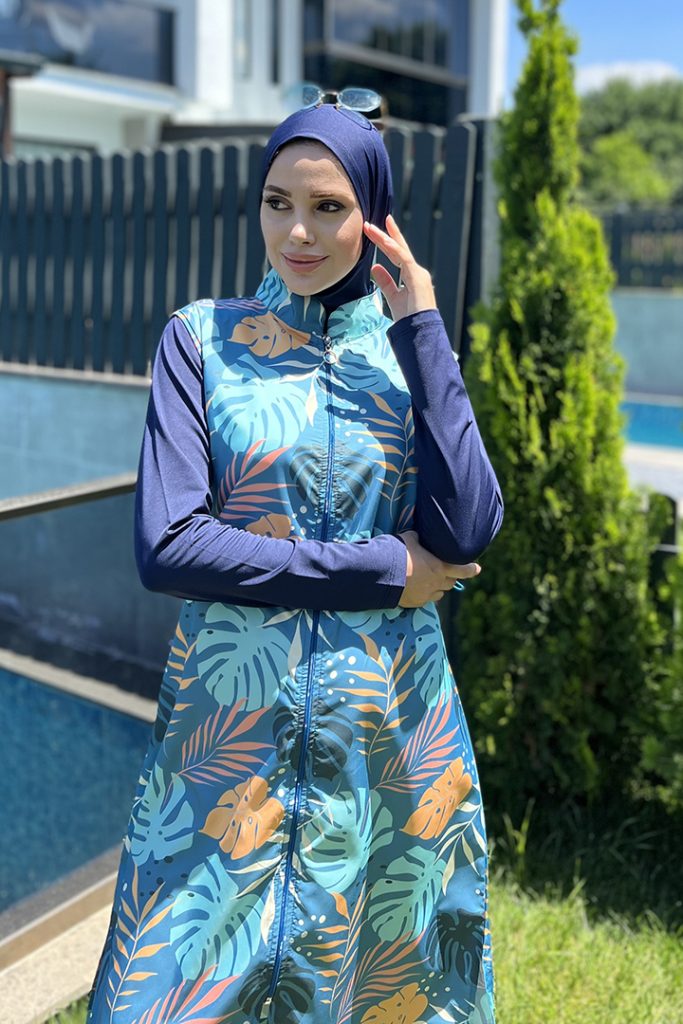
The burkini, a full-body swimsuit designed for Muslim women who want to maintain their modesty while swimming, raises questions about the politics of freedom and individual choice. The burkini is a symbol of cultural and religious autonomy, and a reflection of individual agency and self-expression. In this article, we will explore the politics of freedom surrounding the burkini and how it represents a question of individual choice.
The politics of freedom
The politics of freedom refers to the ways in which individual autonomy and self-expression are shaped by cultural norms and values. Freedom is an important aspect of social identity, as it shapes how people see themselves and others. In the case of Muslim women, freedom is particularly important, as they are often subject to stereotypes and discrimination based on their religious dress and appearance.
The burkini challenges these stereotypes and discrimination by promoting individual choice and autonomy. The burkini allows Muslim women to participate in water sports and swimming without compromising their modesty or their religious or cultural beliefs. By embracing the burkini, Muslim women are asserting their right to self-expression and autonomy, and challenging the notion that their bodies need to conform to a certain standard.
A question of choice
The burkini represents a question of individual choice. Muslim women who choose to wear the burkini are asserting their right to choose how they express themselves and their religious or cultural beliefs. Then the burkini is a reflection of individual agency and self-expression, and a symbol of cultural and religious autonomy.
By promoting the burkini, we can promote the importance of individual choice and autonomy. We can challenge the idea that certain bodies are more valuable or desirable than others, and promote the idea that all bodies are valuable and deserving of respect. We can also promote a more inclusive and diverse society that recognizes and respects different cultural and religious values.
The burkini and feminism
The burkini raises questions about the intersection of religion and feminism, and the ways in which cultural and religious values can intersect with feminist values. Some people argue that the burkini is a symbol of oppression and that it reinforces patriarchal values. Others argue that the burkini is a symbol of empowerment and that it allows Muslim women to participate in activities that they may otherwise be excluded from.
Then the burkini challenges the narrow-minded and exclusive standards of beauty that exist in the fashion industry, and promotes ethical and sustainable practices. By promoting the burkini, we can challenge stereotypes and discrimination based on physical appearance, gender, and race. We can also promote a more inclusive and diverse media and advertising industry, which reflects the diverse identities and experiences of people around the world.
Conclusion
The burkini represents a question of individual choice and autonomy. Muslim women who choose to wear the burkini are asserting their right to choose how they express themselves and their religious or cultural beliefs. Then the burkini challenges the narrow-minded and exclusive standards of beauty that exist in the fashion industry, and promotes ethical and sustainable practices. By promoting the burkini, we can promote the importance of individual choice and autonomy. We can challenge stereotypes and discrimination based on physical appearance, gender, and race. We can also promote a more inclusive and diverse society that recognizes and respects different cultural and religious values.

